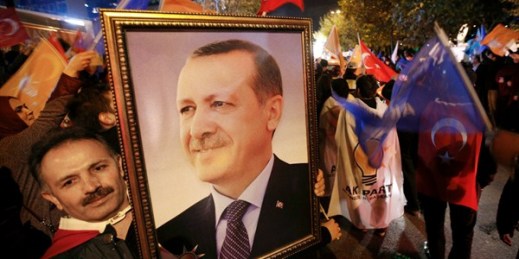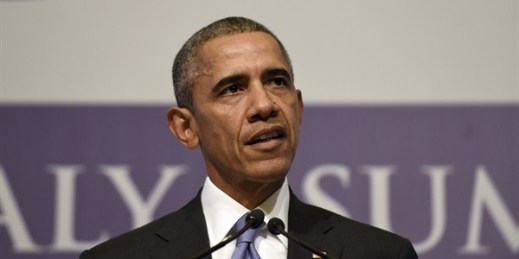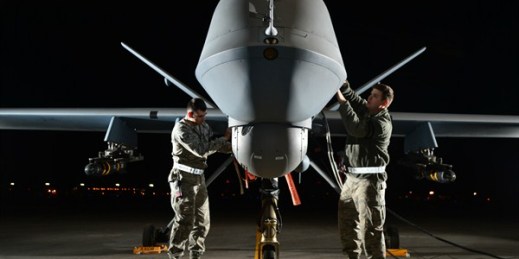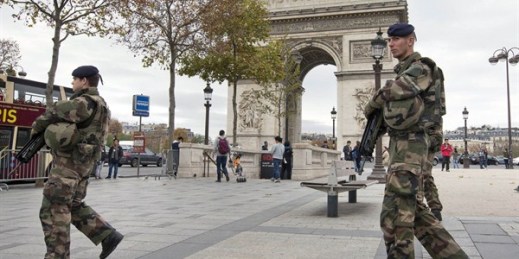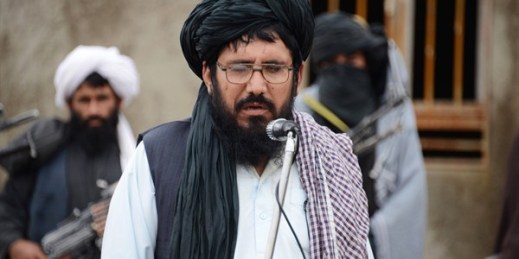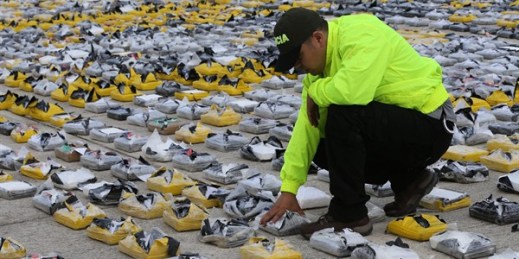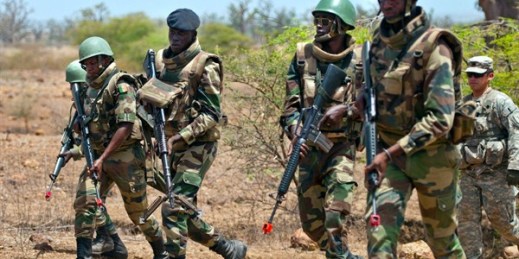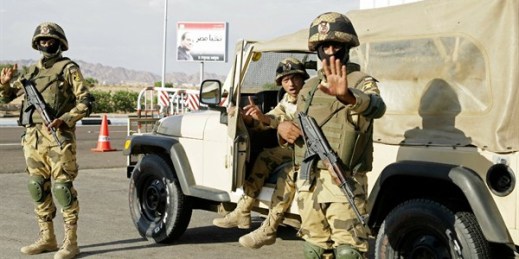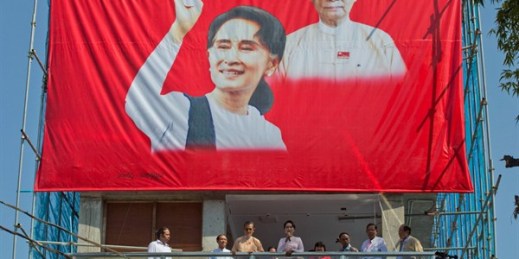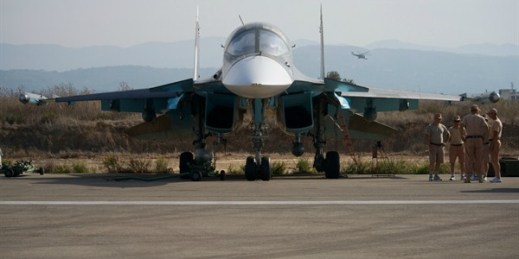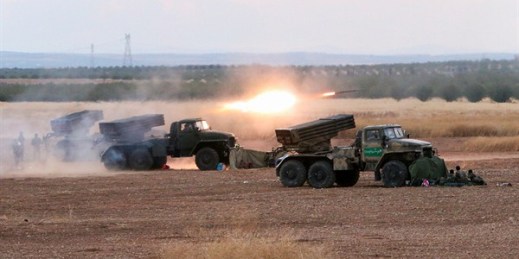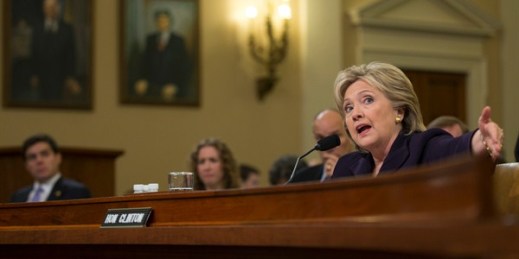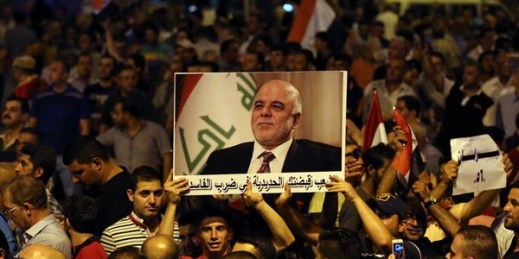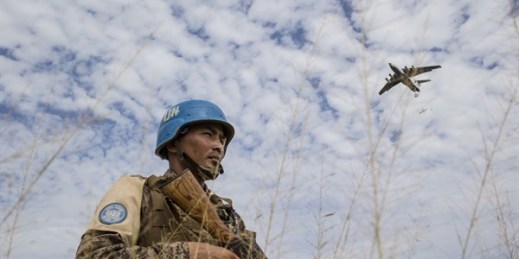
Two competing narratives about the future of international conflict management are currently making the rounds at the United Nations. To simplify, one argues that military responses to security threats rarely work, and that instead we should invest more in diplomatic and economic approaches, as well as in conflict prevention, even if these only deliver results slowly. The other, roughly speaking, contends that terrorism is too pervasive now to waste time on diplomacy and development that would be better spent killing some bad guys. Nobody working in or around the U.N. would be quite so blunt in public. But last week, […]

